With the European elections underway, significant promises are being made, particularly regarding initiatives to help voters make their homes more environmentally friendly. The Labour Party’s recent victory in the UK marks a new era of climate action, with a “rooftop revolution” aiming to triple the country’s solar power capacity by 2030. The new government has approved three major solar farms in East England, previously blocked by the Conservatives, and is offering grants and low-interest loans to facilitate solar panel installations on millions of homes.
The Impact of Solar Subsidies on Installation Rates
Historical data from the past 15 years reveals that subsidies significantly influence people’s willingness to install solar panels. The Feed-in Tariff (FIT) scheme, introduced by the Labour Party in 2010, incentivised solar uptake by compensating homeowners for the electricity they generated. This scheme led to unprecedented growth, with installations exceeding 800,000 within five years. However, when FIT subsidies were reduced in 2016, installation rates dropped by 74% to 224,000. Analysis by Independent Advisor highlights this dramatic decline.
When the Smart Export Guarantee replaced FIT in 2020, offering similar benefits, installation rates rebounded to their previous levels.
Potential Changes to the UK’s Energy Mix with Home Solar Panels
Currently, only 7% of the UK’s 24.8 million homes have solar panels, contributing 3% to the nation’s total energy consumption. Installing solar panels on every home could increase this figure to 43%.
Labour’s new Energy Independence Act’s Warm Homes Plan commits an additional £6.6 billion (€7.7 billion) over the next five years to upgrade five million homes, including improvements in insulation, solar panels, batteries, and low-carbon heating. The plan also aims to tighten energy efficiency standards in the private rental sector and encourage developers to include solar panels in new homes, streamlining the approval and installation processes.
These measures not only aim to decarbonise the UK grid but also to enhance energy security and reduce household bills.
Available Solar Panel Subsidies for UK Homeowners
Various subsidies are available for UK homeowners looking to install solar panels:
- Energy Company Obligation (ECO4): This programme requires energy companies to fund energy efficiency improvements for low-income households, covering homes with low energy ratings of D to G, and running until March 2026.
- Home Upgrade Grant: Available in England for homes without gas boilers, this grant covers energy efficiency improvements, including solar panels, for free. It targets homes with energy ratings of D to G and households with an annual income of £36,000 (€42,000) or less.
- Solar Together Scheme: This scheme offers group discounts for PV and battery storage installations, making them more affordable for neighbourhoods.
- Smart Export Guarantee: By signing up for this programme, solar panels can reduce annual bills by up to £600, according to the Energy Saving Trust. With the average domestic solar panel system costing around £7,000, it can pay for itself and even generate profit within approximately 12 years.
Additionally, solar panels can reduce a household’s annual carbon output by around one tonne, equivalent to driving nearly 6,000 kilometres.
These initiatives and subsidies aim to make solar panel installations more accessible, affordable, and impactful for homeowners across the UK.
Picture: Canva – Article written by Angela Symons : MSN.com

